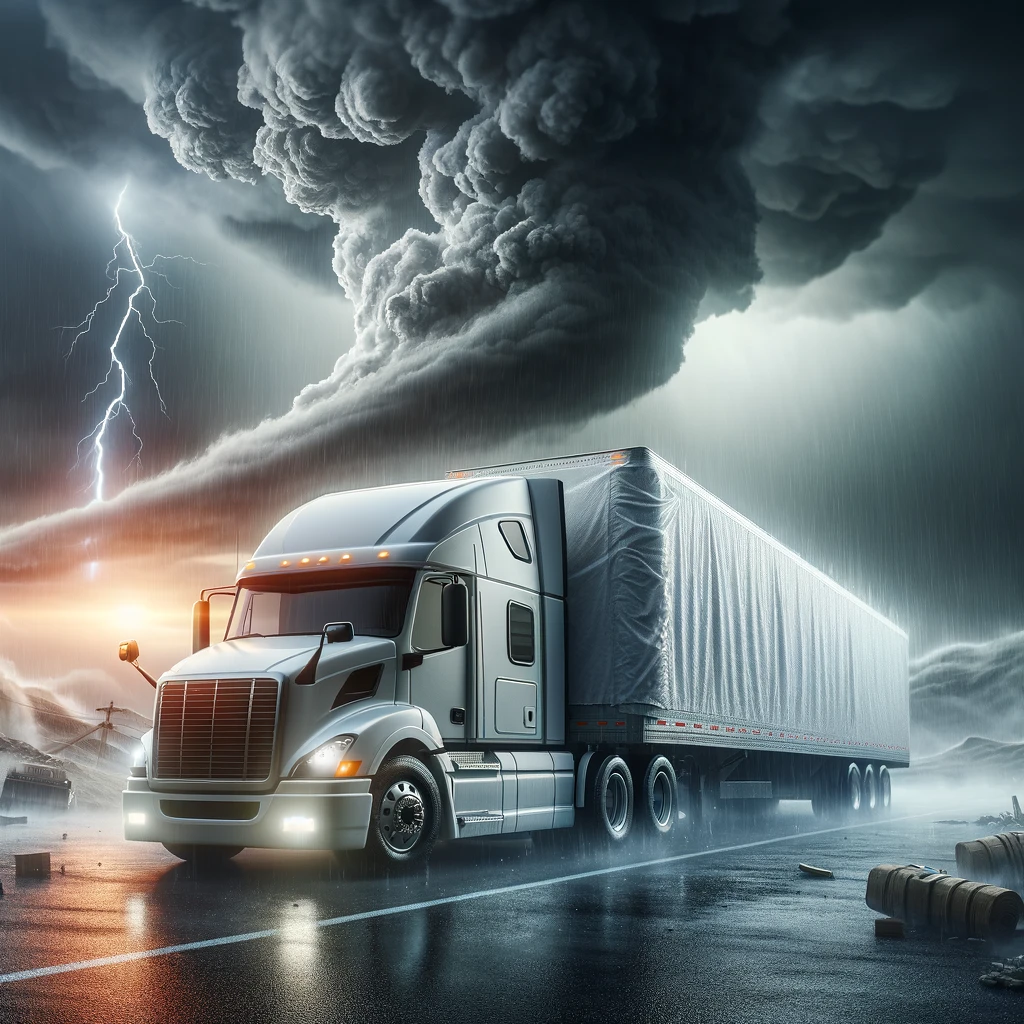Natural disasters can strike with little warning, causing significant disruption and damage to transportation businesses. It's crucial for trucking companies to be well-prepared and adequately insured. This guide provides essential information on preparing your trucking business for natural disasters through effective disaster insurance.
Understanding Disaster Insurance for Trucking
What is Disaster Insurance? Disaster insurance covers damages to trucks and other assets from natural events such as floods, hurricanes, tornadoes, and earthquakes. Unlike standard policies, disaster insurance specifically addresses the extraordinary costs associated with these rare but devastating events.
Importance of Disaster Insurance
Financial Protection: Helps mitigate financial losses due to damages and operational interruptions.
Business Continuity: Enables quicker recovery and continuation of business operations post-disaster.
Legal Compliance: Ensures compliance with insurance requirements in disaster-prone areas.
Assessing Your Needs
Identify Risks: Evaluate the natural disaster risks in all areas where your business operates. This assessment will help determine the necessary coverage extent.
Review Current Coverage: Examine your existing policies to identify any gaps in coverage related to natural disasters. Many standard policies do not cover specific types of natural events.
Preparation Strategies
Emergency Planning: Develop a comprehensive emergency plan that includes vehicle safety, employee safety, and communication strategies during disasters.
Protecting Assets: Take proactive measures to protect your vehicles and facilities. This might include relocating trucks to safer areas and installing protective measures at storage facilities.
Training Employees: Conduct regular training sessions with your staff on disaster preparedness and emergency response procedures.
Choosing the Right Disaster Insurance
Coverage Options: Look for policies that offer comprehensive coverage for different types of natural disasters. Ensure that the policy limits are sufficient to cover potential losses.
Compare Insurers: Select an insurer with a strong track record of handling disaster claims efficiently and fairly. Assess the insurer's financial stability and customer service reputation.
Cost Management: While disaster insurance can be costly, the protection it offers is invaluable. Consider options like higher deductibles to manage costs without compromising too much on coverage.
After a Disaster: Making a Claim
Immediate Steps: Document the damage as soon as possible and notify your insurance provider to start the claims process.
Documentation: Keep detailed records of all communications and receipts related to repairs and claims. This documentation will be crucial for supporting your claim.
Conclusion
Preparing for natural disasters is an essential aspect of managing a trucking business. With the right disaster insurance coverage, strategic planning, and training, your business can weather any storm. Investing in comprehensive disaster insurance not only protects your financial assets but also ensures the resilience and sustainability of your business in the face of natural calamities.
For more detailed advice or to discuss specific insurance needs, contact BetterBind today. Let us help you prepare for the unexpected with confidence.

